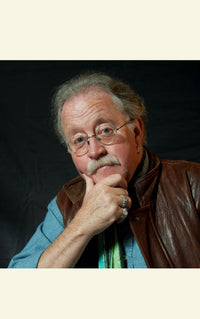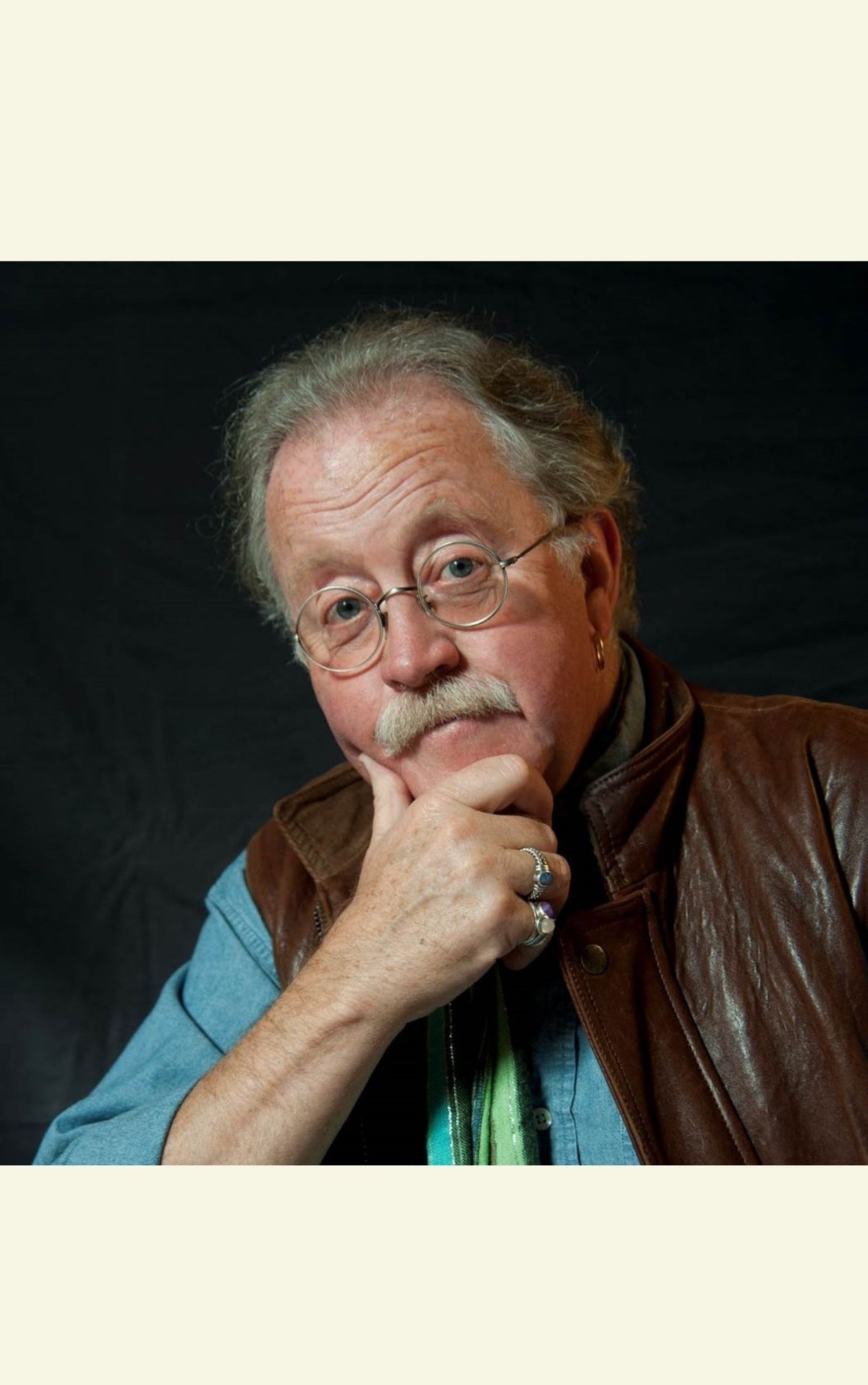Strange Lights Over Bexleyheath
- Regular
- £9.99
- Sale
- £9.99
- Regular
- £9.99
- Unit Price
- per
About the Book:
Do you remember how we though the world would end,
With spindly, giant, robot legs above Big Ben?
With Martian Crane flies, tower-block high, stalking,
Above a boiling Thames
In a post-apocalyptic world Glaswegian winos cross paths with ancient mermaidens in an innovative blend of fairy tale, science fiction and social realism. Though Harding's is an existential, fantasy world - be it a dystopian London, or the enchanted Oz - he invariably shows that only through the contemplation of the everyday can truth, the meaning and beauty be understood.
Strange Lights Over Bexleyheath is both a tribute to and a parody of the literary greats as well as being a provocative read in its own right.
Reviews:
He exactly catches the coiled-up forces of natural energy. TIMES LITERARY SUPPLEMENT on Daddy Edgar's Pools
About the Author:
 MIKE HARDING is well known as a stand-up comedian, playwright, poet, broadcaster and documentary maker. He first came to Ireland as a teenager when he hitched around the country heading ultimately for County Galway and the Aran Islands.
MIKE HARDING is well known as a stand-up comedian, playwright, poet, broadcaster and documentary maker. He first came to Ireland as a teenager when he hitched around the country heading ultimately for County Galway and the Aran Islands.
Instilled with a love of the country by his Irish-Catholic family in Manchester, his love of Ireland was further deepened by one of his teachers at St Bede’s College, Manchester – Father Augustus Reynolds. Under his guidance the poetry of Yeats and the plays and writings of J. M Synge took the young poet by the scruff of the neck and sent him reeling onto the Liverpool boat standing with a sunburned thumb at the side of the long road west.
Over the following years he returned to Ireland many times, cycling and walking, playing his banjo in sessions and writing; one result of his wanderings was the acclaimed travel and walking book Footloose in the West of Ireland (Pub. Michael Joseph).
While working for the BBC on a feature programme on Irish folk singer Dolores Keane, Mike Harding found himself in Clifden and in an estate agent’s window found what would become his Irish home, a traditional cottage that had lain empty for almost twenty years with a rotted corrugated iron roof and neither doors nor windows. The view out over Cleggan Bay however was stunning.
Two years of hard work turned it back into a home and it was in that home, while looking out over Clegan Bay that much of his latest book of poems The Connemara Cantos was written. Not all of these poems are about Connemara, they are also about Irish immigrants on building sites in Manchester, pubs in London and the beauty of Irish traditional music; but all the poems in this book were either written in or inspired by the very special place that is Connemara – not a county, not a political entity but perhaps something much wider – a state of the soul.










